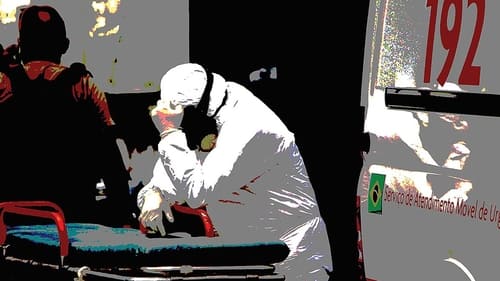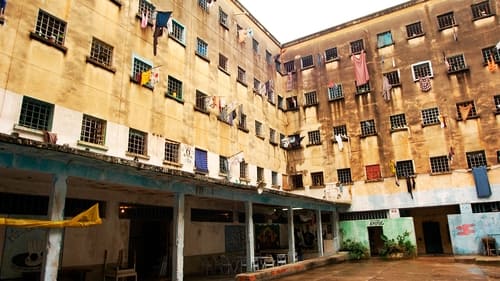Dráuzio Varella
Nacimiento : 1943-05-03, São Paulo, São Paulo, Brazil

Himself
Seven doctors and public health specialists accept the mission to fight the pandemic, working voluntarily. This unforeseen task in the careers of Paulo Chapchap, Maurício Ceschin, Gonzalo Vecina, Drauzio Varella, Sidney Klajner, Eugênio Vilaça and Pedro Barbosa is commented on by them. In addition to following this committee, the documentary brings reports from frontline professionals, working in São Paulo and Manaus, about the experience of going to Covid-19 to take care of patients and the elderly.

Himself

Self
Letter Beyond the Walls reconstructs the trajectory of HIV and AIDS with a focus on Brazil, through interviews with doctors, activists, patients and other actors, in addition to extensive archival material. From the initial panic to awareness campaigns, passing through the stigma imposed on people living with HIV, the documentary shows how society faced this epidemic in its deadliest phase over more than two decades. With this historical approach as its base, the film looks at the way HIV is viewed in today's society, revealing a picture of persistent misinformation and prejudice, which especially affects Brazil’s most historically vulnerable populations.

Dráuzio
Dr. Drauzio Varella has a hypothetical conversation with his friend Hector Babenco, a filmmaker who died in 2016. The importance of friendship is addressed in the documentary based on the death of a friend — and shows the decrease in happiness and the irreplaceable void left by this game.

Writer

Ele mesmo
Her daughter afflicted by a rare epilepsy, Katiele tries desperately to obtain the only thing that can relieve it: a substance derived from marijuana.

Self
Sixty-six adolescents, residents of Favela da Maré, were selected to participate in a dance show led by the choreographer Ivaldo Bertazzo, which incorporated their own daily experiences. Ten years later, directors David Meyer and Helena Soldberg search for some of the participants of this experience.

Self
Narrated by Morgan Freeman, this groundbreaking new documentary uncovers the UN sanctioned war on drugs, charting its origins and its devastating impact on countries like the USA, Colombia and Russia. Featuring prominent statesmen including Presidents Clinton and Carter, the film follows The Global Commission on Drug Policy on a mission to break the political taboo and expose the biggest failure of global policy in the last 50 years

Entrevistador
Collection of stories told by people who live near the banks of river Rio Negro, in the Amazon.

Self
Imagine a prison with some ten thousand prisoners, many of them dangerous and, to control them, only a few unarmed employees. Small in number, these employees work in shifts. They are almost prisoners themselves, in a routine of tension, but also of humor and emotion. This prison was all too real. While it was in existence, the Carandiru was the largest prison in Latin America, administered by a reduced number of employees. The documentary shows, from the point of view of these few employees, holding the keys, how the prison operated: the delicate balance in the relationship with the prisoners, affinity among employees, moments of tension and, even, of happiness. These are stories told by former employees, among them, Dr. Dráuzio Varella, author of the book Estação Carandiru. These are the secrets of a place that no longer exists.

Himself
In 2002, the greatest prison in Latin America, Complex Carandiru, was demolished. A couple of months before its implosion, director Paulo Sacramento trained some inmates and together with his crew, they produced many hours of footage, showing daily life in prison.

Novel
La película está basada en las experiencias del doctor Drauzio Varella en la prisión estatal Carandiru, en São Paulo, Brasil, durante sus trabajos de prevención del SIDA. En la prisión se encontró con cientos de convictos bajo condiciones infrahumanas hasta el punto culminante de 1992 cuando una revuelta provocó el asesinato de 111 hombres.

Thanks
La película está basada en las experiencias del doctor Drauzio Varella en la prisión estatal Carandiru, en São Paulo, Brasil, durante sus trabajos de prevención del SIDA. En la prisión se encontró con cientos de convictos bajo condiciones infrahumanas hasta el punto culminante de 1992 cuando una revuelta provocó el asesinato de 111 hombres.










